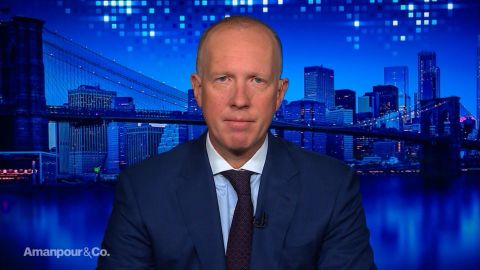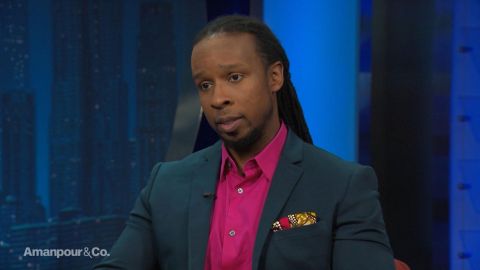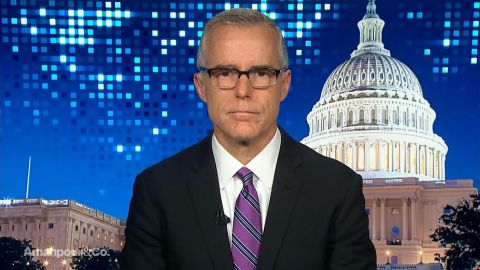Read Transcript EXPAND
AMANPOUR: Can you explain to viewers how it is that it seemed there were dozens and dozens of people who made these allegations as the floodgates opened after 2017 and yet, only two women are able to bring criminal trials. Tell us what’s happened in big — in the big picture.
DOUGLAS WIGDOOR, ATTORNEY FOR TARALE WULFF IN THE WEINSTEIN TRIAL: Sure. In the big picture, the Manhattan District Attorney’s Office is the gatekeeper. They decide which witnesses they want to call. Which witnesses they want to present to the grand jury, which is ultimately is the body that brings out an indictment for which Harvey Weinstein stands trial today. And they decided that they thought it was in the best interest of the state, the people of the state of New York, to bring these two particular cases, that’s Mimi Haleyi and Jessica Mann. But in addition to those two women who Harvey Weinstein stands charged for, there are four other women who have also testified in support of their testimony. And those four women were very important in this criminal trial.
AMANPOUR: OK. So, let’s talk about that. And I think also some of the reasons for not bringing rape allegations or others is because the statute of limitations has expired and some of the dozens who have accused Harvey Weinstein fall into that category as well. So, let me ask you about your particular client, Tarale Wulf. Now, as you say, she’s come almost a character witness, if I could put it that way. Explain that. How is that allowed in a case where she’s not actually bringing a criminal case?
WIGDOOR: Right. So, Ms. Wulff and two other women, actually, Lauren Young and Dawn Dunning, were allowed by the court to testify. The prosecution had actually sought many more women to testify. But they are testifying to show essentially to show Harvey Weinstein’s intent. So, Harvey Weinstein is not charged with any crimes that he committed against these three women. But these three women can tell the jury what happened to them. And then the jury can infer from that testimony that Harvey Weinstein intended to rape or sexually assault the two women for which he’s charged.
AMANPOUR: OK.
WIGDOOR: There’s case law that goes way back in New York, it’s Molino, and this is the type of evidence, ultimately, that helped convict Bill Cosby. You’ll recall that in the first trial in the Bill Cosby case, there was one other woman who testified. That trial ended up in a hung jury. But in a second trial, there were many other women who testified in support of the main victim and that trial ended up in a conviction. So, this evidence is very, very important.
About This Episode EXPAND
Former FBI Deputy Director Andrew McCabe discusses whether or not President Trump’s involvement in the Roger Stone case is an abuse of power. Attorney Douglas Wigdor gives an insider explanation of the Harvey Weinstein trial. Bestselling author Ibram Kendi tells Hari Sreenivasan about his new book “How to Be an Antiracist.”
LEARN MORE


